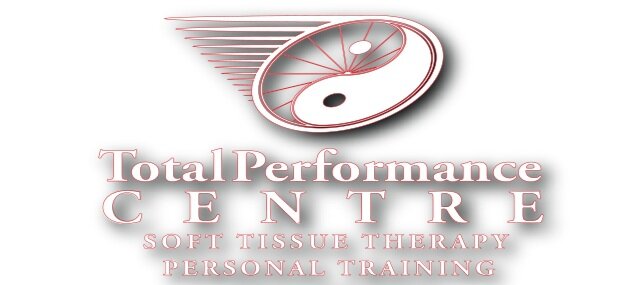Did you know that an adult human can go for 3 weeks without food and survive. The longest person on record not having any water is one week. Of that alond you could almost say that water is 3 times more important than food from a survival aspect. Also for every kilogram you weigh that 600 - 750 grams of that weight is water? That's correct 60 - 75% of our bodies make up is water. Water is how you lubricate your joints, help regulate body temperature, aid in digestion, help move waste out of the body and optimize blood pressure.
Water plays a major role in recovery - from helping digest vital nutrients to repairing muscles damaged during exercise.
1. Muscular Repair - Exercise causes muscles to break down they are then rebuilt by protein synthesis. Protein synthesis, however, requires the muscles to be well hydrated. If you are dehydrated after a workout, protein synthesis will be slowed and recovery from the workout will take longer.
2. Digestion -After a workout eating fuel to replenish what you used is very important for recovery. Digestion of said food requires an adequate amount of water to assist in that process.
3. Reduced Fatigue - Reduced blood plasma volume is one of the leading causes of fatigue during exercise. Reduced volume means your heart has to pump harder to get the nutrients in the blood to all the places it needs to go.
4. Heart Rate Recovery - A 2012 study of the role of hydration in athletic performance found that hydration had a large impact on recovery. In the experiment, individuals did a 90 minute run on a treadmill under one of two conditions - either they drank during and after the workout or they did not hydrate at all. The experiment found that the individuals who hydrated showed significantly faster heart rate recovery following the workout which indicates that their bodies more quickly recovered from the stress of exercise.
Rehydration after exercise clearly has a large impact on recovery. Particularly during hot weather events - it becomes crucial to develop a post workout hydration protocol that replenishes the liquids, electrolytes and sodium lost during exercise. Focusing on hydration will give you the extra boost you need to recover from a hard workout and get the most out of the next one!
Although we are talking about recover here. It would be remiss of me not to mention hydration during exercise or event. After all the sports beverage industry is worth billions of dollars so they are going to tell you a lot of stuff to sell you their products. The following is my opinion on guidelines for hydration.
1. Any exercise lasting 1 hour or less. Stick to water. At any given time you have enough stored glycogen to keep you going at a reasonable rate for up to 2 hours. Using some of those stores is a great way to improve insulin sensitivity.
2. If you are going to train more than once during the day. Still stick to water during and have a good quality carbohydrate source like sweet potato or a banana if the session is quite intense. For the second session again if it is an hour or less. Stick to water again. After get a good quality meal in and keep the water up.
3. For a longer event. Such as what I am currently training for Ironman and 1/2 Ironman Triathlons a whole lot of factors start to come in to play. But it is a reasonably known fact that most people can consume without too many detrimental effects about 1 - 1.3 litres of water per hour. For longer events refueling and electrolyte replenishment also becomes a factor. Too much water can make you need to urinate constantly or the more sinister version hyponatremia, is where you have too much water in the body and you mess up the sodium levels in your blood and causes you to retain too much water. This can cause cramping, headaches, seizure and even death. For heavy sweaters such as myself, in hot humid conditions you need to ensure that not only are you drinking enough fluid but also taking in enough sodium to maintain blood volume and keep sodium levels as close as possible to their optimum.
There is a growing trend amongst many athletes to separate their carbohydrate intake and their hydration. Some say this optimises the bodies ability to absorb each one separately rather than trying absorb both the water and carbohydrates at the same time while trying to exercise at a high level. The main factor here is that working muscles require blood flow to make them work efficiently. So does the stomach to absorb nutrients from what we eat and drink.
This type of strategy is on the extreme end of things though due to the length of time and distance to be travelled and the difficulty of the event. For most sessions water is the gold standard and is more than good enough to get you what you need during training.

